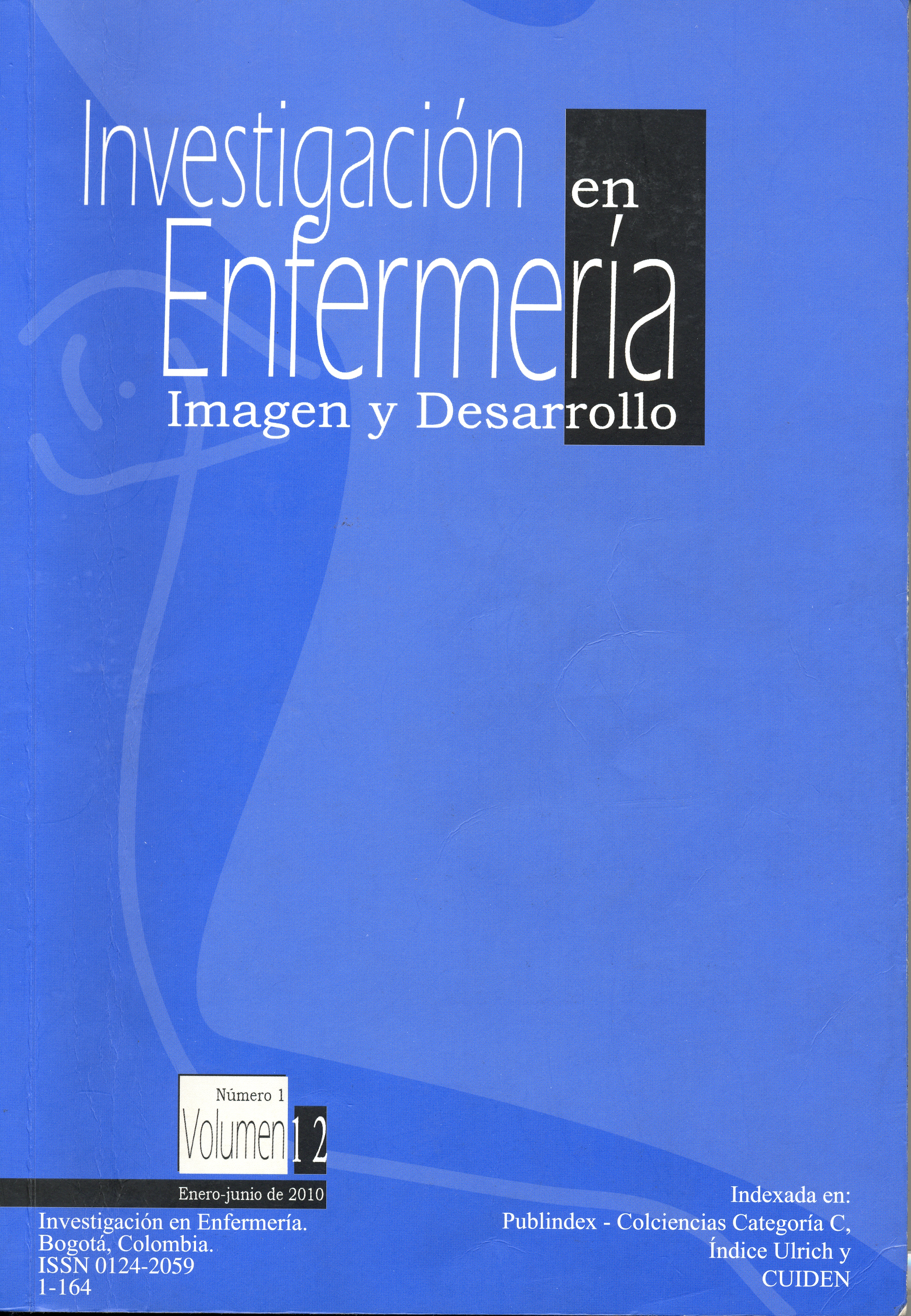Resumo
O síndrome do bebê sacudido faz parte da classificação de maus-tratos infantis. Afeta principalmente crianças menores de dois anos de idade e acontece quando o cuidador segura a criança e faz forças que produzem a aceleração e desaceleração da cabeça do bebê e que causam danos ao cérebro, ossos, ouvidos, olhos e outros. Assim, pretende-se determinar o efeito de uma intervenção educativa destinada a impedir que os cuidadores de crianças menores de dois anos exerçam a sacudida como mecanismo para a detenção do choro ou como uma demonstração de carinho através do jogo. Este é um estudo de avaliação e quantitativo realizado com 60 cuidadores de crianças menores de dois anos, no qual foi aplicado um instrumento concebido a partir da literatura existente sobre o síndrome do bebê sacudido que pergunta sobre as características sociodemográficas dos participantes e dos conhecimentos e comportamentos que podem influenciar no síndrome do bebê sacudido antes e depois da intervenção educativa. Os resultados do estudo mostraram que através da intervenção educativa para cuidadores de crianças com menos de dois anos se obteve uma mudança no conhecimento do 84,5% e 26% no comportamento; fato com o que pode-se concluir que as estratégias educativas dirigidas aos cuidadores incrementam as habilidades deles e os conhecimentos em relação com o cuidado.A revista Investigación en Enfermería. Imagen y Desarrollo encontra-se registada sob a licencia Creative Commons Versão 4.0 Internacional. Portanto, esta obra pode se reproduzir, distribuir e comunicar publicamente em formato digital, sempre que dado o crédito apropriado para os autores e a Pontificia Universidad Javeriana. Permite-se citar, adaptar, remixar, transformar, autoarquivar, republicar e criar a partir do material, para qualquer fim, mesmo que comercial, sempre que indicado apropriadamente o nome do criador, provido um link para a obra original e indicado se mudanças foram feitas. A Pontificia Universidad Javeriana não retém os direitos sobre as obras publicadas e os conteúdos são responsabilidade exclusiva dos autores, os quais conservam seus direitos morais, intelectuais, de privacidade e publicidade.
O aval sobre a intervenção da obra (revisão, correção, edição, tradução, formatação) e a subsequente difusão disponibiliza-se através de licença de uso e não através de transmissão de direitos, o que representa que a revista e a Pontificia Universidad Javeriana são isentas de qualquer responsabilidade que puder se derivar de uma prática ética pobre por parte dos autores. Em consequência da proteção fornecida pela licença de uso, a revista não fica na obrigação de publicar retratações ou alterar informações já publicadas, a não ser que a errata seja decorrente do processo de gestão editorial. A publicação de conteúdos nesta revista não representa royalties para os contribuintes.


